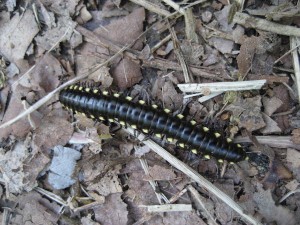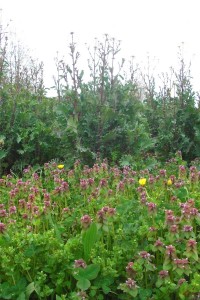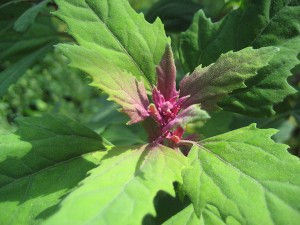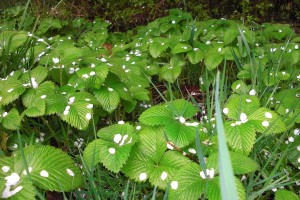 We are a part of the web of life. We are not served by cutting the complex threads that sustain us. There is better way that insecticides, toxic hand sanitizers, anti-biotic soap, etc. What if instead of responding with fear, we found creative ways to exist compatibly with living kin?
We are a part of the web of life. We are not served by cutting the complex threads that sustain us. There is better way that insecticides, toxic hand sanitizers, anti-biotic soap, etc. What if instead of responding with fear, we found creative ways to exist compatibly with living kin?
We must stop reacting with death (from our fears) as an approach to dangers. Slow, think, feel. Approach it as a living whole, Gaia.
For example; antibiotic soap. We are biotic! The notion that we are safer and protected by killing germs with toxins needs to be reconsidered. Especially in light of new studies that show our own bodies to be living ecosystems that rely on a healthy and broad range of bacteria and other micro-organisms to actually be protected and healthy. We also must consider the fallout of the toxins as they wash down the drain and mess with life all through the ecosystem.
A change of paradigm needed. When we see a spider in our house, a reaction to kill it instantly must be re-calculated. The spider eats mosquitoes that prey on us and therefore their proximity benefits us. This idea that humans have some right or should desire to be alone without other species in a large area is not natural, nor beneficial. How much fuller and healthier our planet could be if we could enjoy the company of other creatures that are not harming us.
While the “germ theory” advanced us to not wallow in our own wastes, it is time now to embrace the Gaia Theory to prevent us from toxifying ourselves and the life system on earth.

 simplicity, and only having to deal with what we know. I propose we change the paradigm to embrace the complexity of a healthy living ecosystem, a “messy” garden, the wild.
simplicity, and only having to deal with what we know. I propose we change the paradigm to embrace the complexity of a healthy living ecosystem, a “messy” garden, the wild.
